
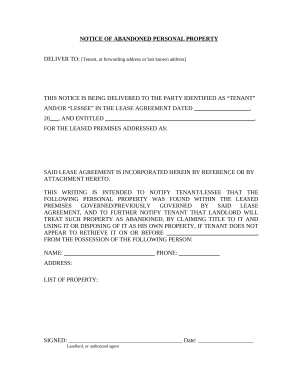


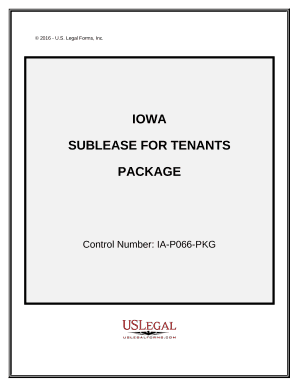

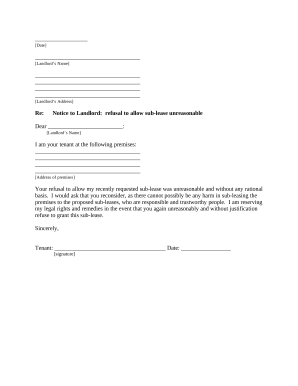
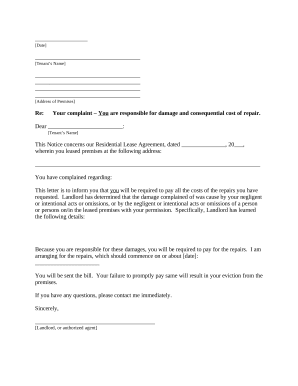

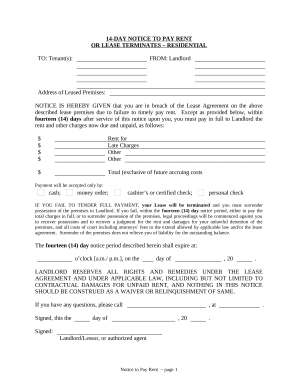
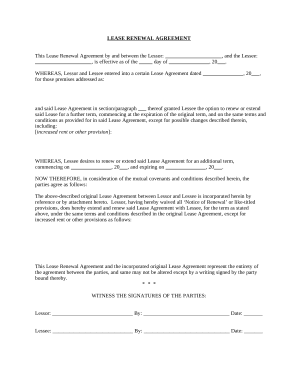
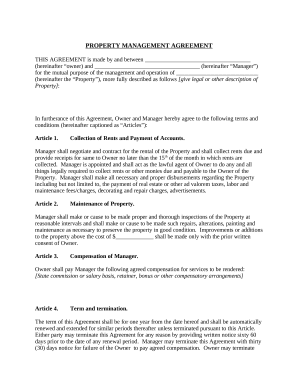
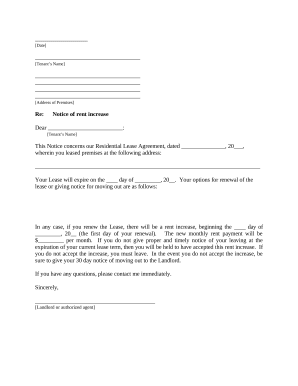

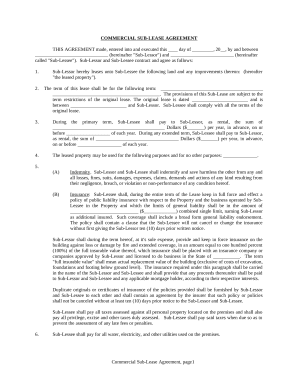

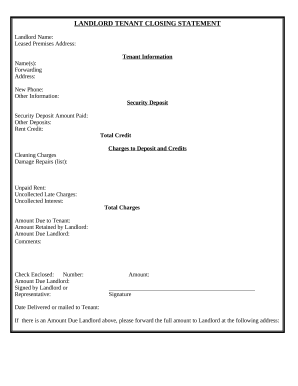
Document management can overpower you when you can’t locate all of the forms you require. Luckily, with DocHub's extensive form categories, you can get everything you need and easily manage it without the need of changing between software. Get our Landlord and Tenant Law Forms and begin working with them.
The best way to manage our Landlord and Tenant Law Forms using these easy steps:
Try out DocHub and browse our Landlord and Tenant Law Forms category with ease. Get your free account right now!